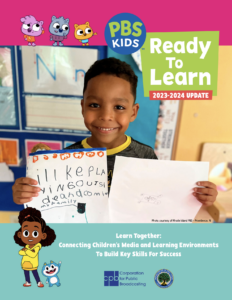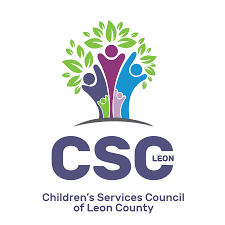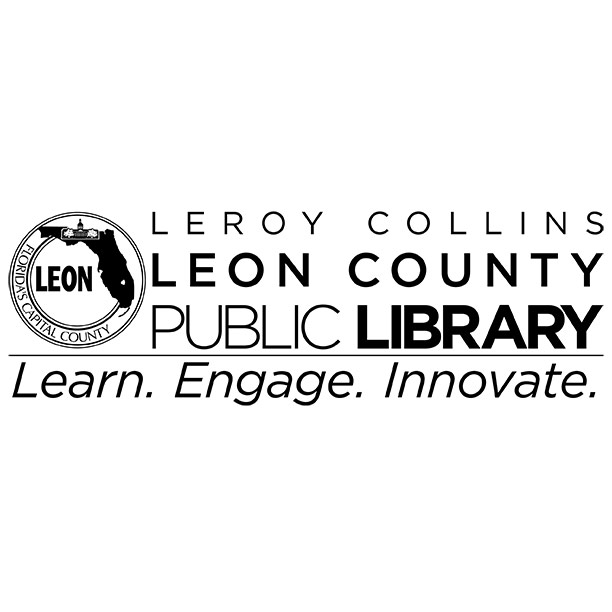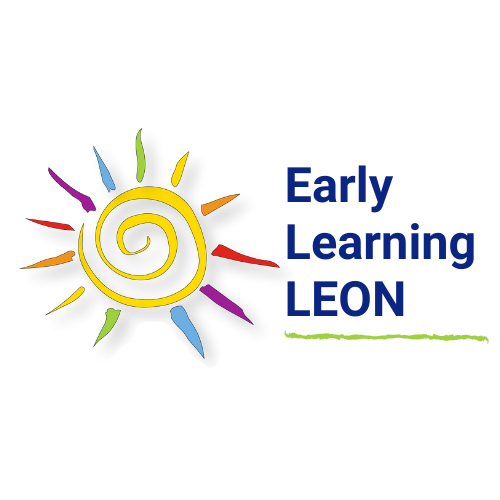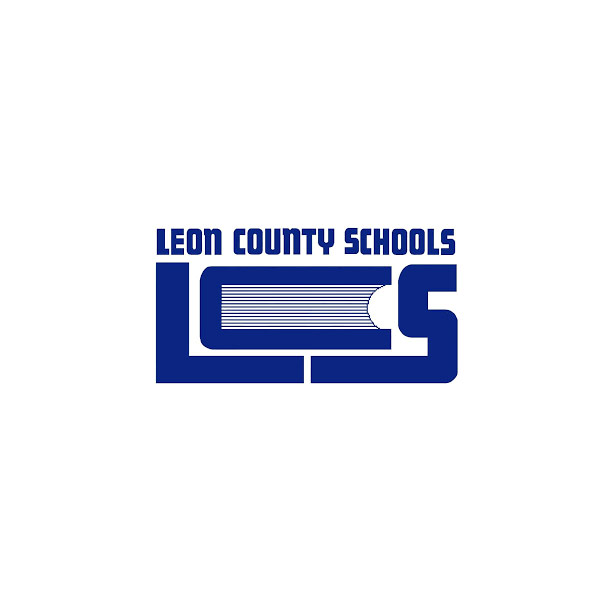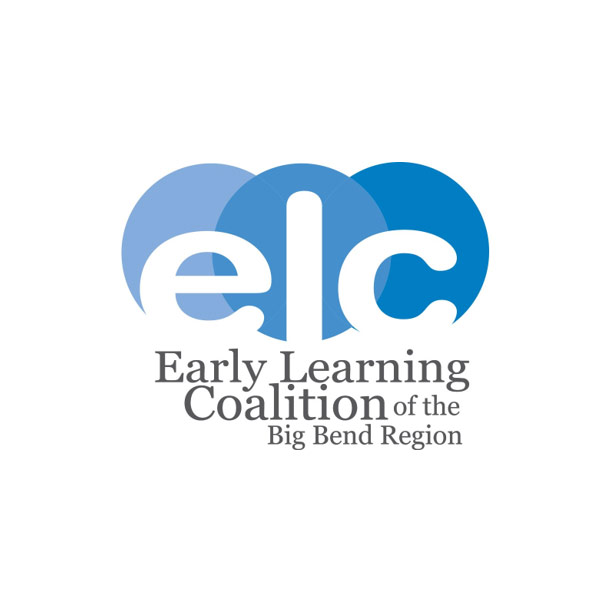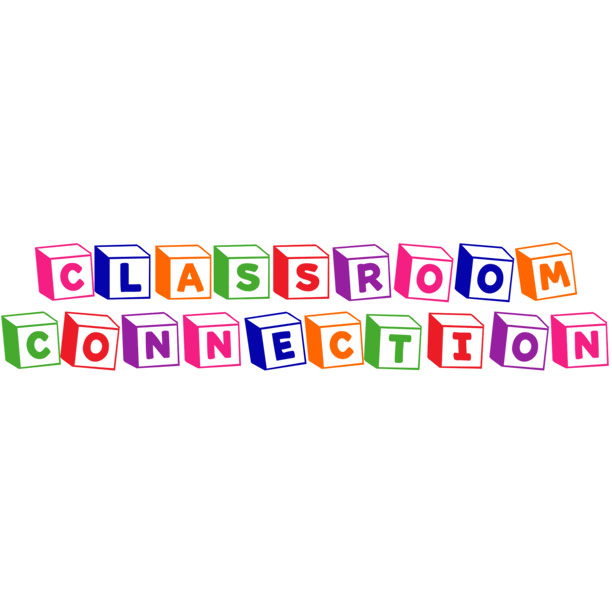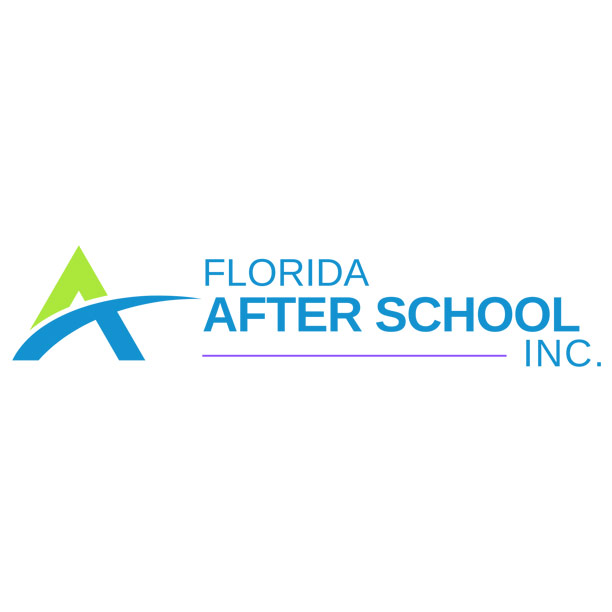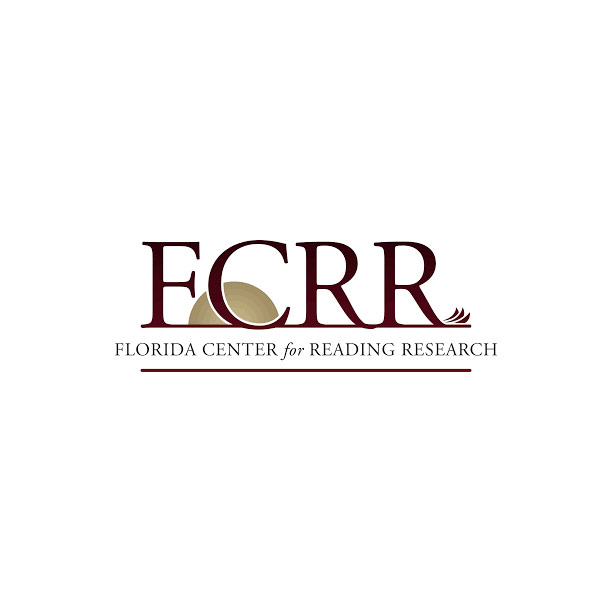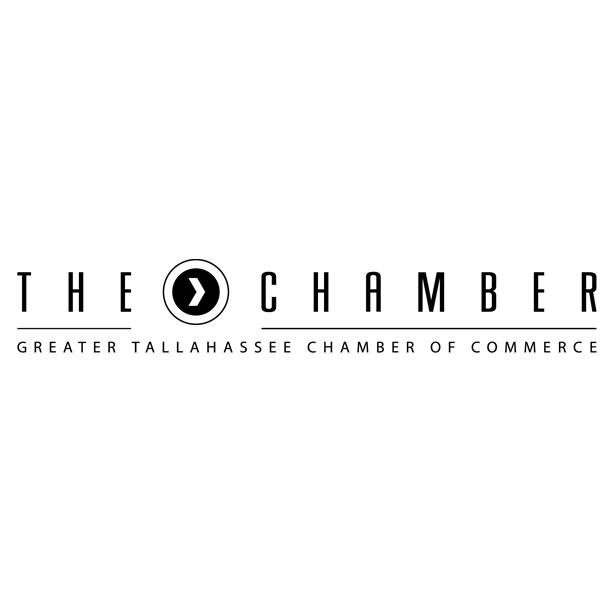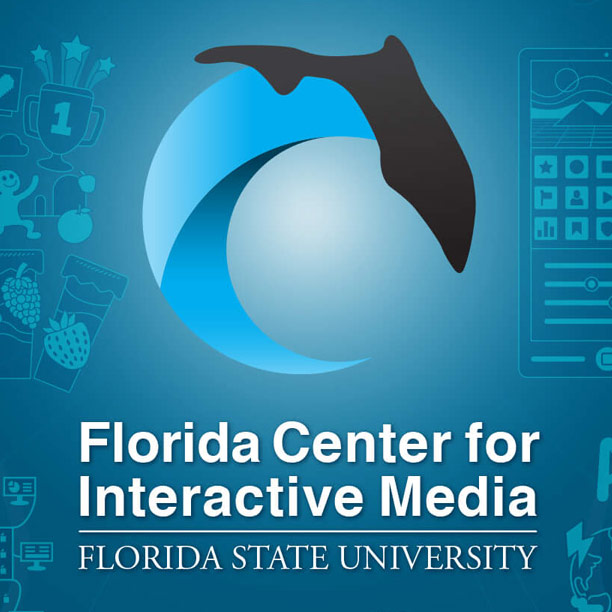-
-
WFSU Public Media has been a proud Ready To Learn (RTL) station since the program’s inception two decades ago. With just a small group of other PBS stations around the United States, we pilot PBS RTL resources to establish best practices using content adaptable to all kinds of learning environments.
Through the Ready To Learn Initiative, the Corporation for Public Broadcasting (CPB), PBS, and local PBS stations provide free, evidence-based educational resources that help teachers, caregivers, and parents build early science and literacy skills for America’s children, especially those from low-income communities. This U.S. Department of Education-funded initiative introduces children to key STEM concepts early, better preparing them for school and boosting their long-term educational opportunities.
PBS and CPB have partnered to develop media-rich, multi-platform media in the form of videos, games, apps, and hands-on activities by program, targeting students ages 2-8. The wide range of curricula created, tested, and shared with communities across the country to accompany this media includes the following:
To address this need, PBS and CPB have partnered to develop media-rich, multi-platform media in the form of videos, games and apps, and hands-on activities by program, targeting students ages 2-8. The wide range of curricula created, tested and shared with communities across the country to accompany this media.
For links to all of the Ready To Learn programs, lesson plans and links, please visit PBS Learning Media’s Ready To Learn 2015-2020 Collection.
View our Ready To Learn, year 4, annual performance report to see all the amazing things CPB/PBS have done with Ready To Learn in the past year.
Family & Community Learning
Family & Community Learning is a model for multi-generational hands-on family engagement designed to support science and literacy development among children and families. Designed for use in community-based settings, the resources include multi-session sequenced experiences that are built to be modular and flexible enough to be adaptable to a wide variety of communities and contexts. The resources come packed with full activity plans, supporting materials for facilitators, links to related video and digital media, and additional take-home materials to support ongoing family engagement.

Camps & After School Activities
WFSU has shared hundreds of multimedia resources that support science and literacy development in after-school programs and other out-of-school settings such as libraries, museums, camps, etc. These resources include multi-day sequenced experiences that are built to be modular and flexible enough to be adaptable for the wide variety of contexts that they might be used for. All of the resources come packaged with full activity plans, supporting materials for facilitators, related video clips and digital games, and take-home supports to encourage family engagement. For example, WFSU has adapted Odd Squad Camp as a virtual program and it can be offered both synchronously and asynchronously thanks to generous funding from Envision Credit Union
RTL Community Partners
We consider the following organizations to be Ready To Learn community partners.
Additional Resources
Boston University Teaching Tips
Teaching Tips developed by the Boston University School of Education provide teachers with detailed lesson plans for successfully integrating PBS KIDS digital media into their regular classroom instruction to build children’s core science content knowledge and inquiry skills. The Teaching Tips include detailed step-by-step lessons for using high-quality educational media to enhance standards-based teaching and learning.
All lessons are aligned to the Next Generation Sciences Standards (NGSS). Video clips of exemplar teachers using the Teaching Tips in the classroom are included to provide models not only for using the Tips in the classroom, but also of good teaching practices — keeping lessons on pace, engaging all children, using vocabulary frequently, supporting scientific thinking and reasoning, and supporting independent learning.
What’s Good
What’s Good is a six-part video series designed for parents where inspiration and information meet the power of science. Each episode ventures to a new location to meet people from various backgrounds – dancers, poets, musicians, artists, athletes, chefs, conservationists, and scientists — and connects their knowledge and talents to a simple, real-world lesson in the area of science.
CPB-PBS RTL is funded by a Ready To Learn grant from the U.S. Department of Education. The Department requires all of its grant recipients to conduct research in order to evaluate the effectiveness of the materials and products that are created with the grant money. For more information, please visit the Corporation for Public Broadcasting’s Ready To Learn overview as well as PBS LearningMedia’s Ready To Learn collection.
CPB-PBS RTL 2015-2020 is funded by a 5-year Ready To Learn grant from the U.S. Department of Education. The Department requires all of its grant recipients to conduct research in order to evaluate the effectiveness of the materials and products that are created with the grant money. For more information, please visit the Corporation for Public Broadcasting’s Ready To Learn overview as well as PBS LearningMedia’s Ready To Learn collection.
-
-
Education
Home - -- WFSU Home
-
For
Kids - -- Watch Now
- -- Kids Apps
- -- Kids Games
- -- Activities at Home
- -- PBS Learning Media
- -- Winnie the Pooh Podcast
-
For
Parents - -- WFSU Events
- -- PBS Parents
- -- AI & Media Literacy
- -- Meet the Helpers
-
For
Educators - -- Workshops
- -- PBS Learning Media
- -- Early Learning Champion
- -- WFSU PBS Edcamp
- -- Classroom Kits
- -- PBS Teacher's Lounge
-
Summer or
Anytime -
About
Us - -- About Ready To Learn
- -- Newsletters
- -- Reasons to Value PBS
- -- Staff
- -- Ed Scoop Blog
- -- Contact Us
- -- Internship & Volunteer Opportunities
-
Search
-
Donate
